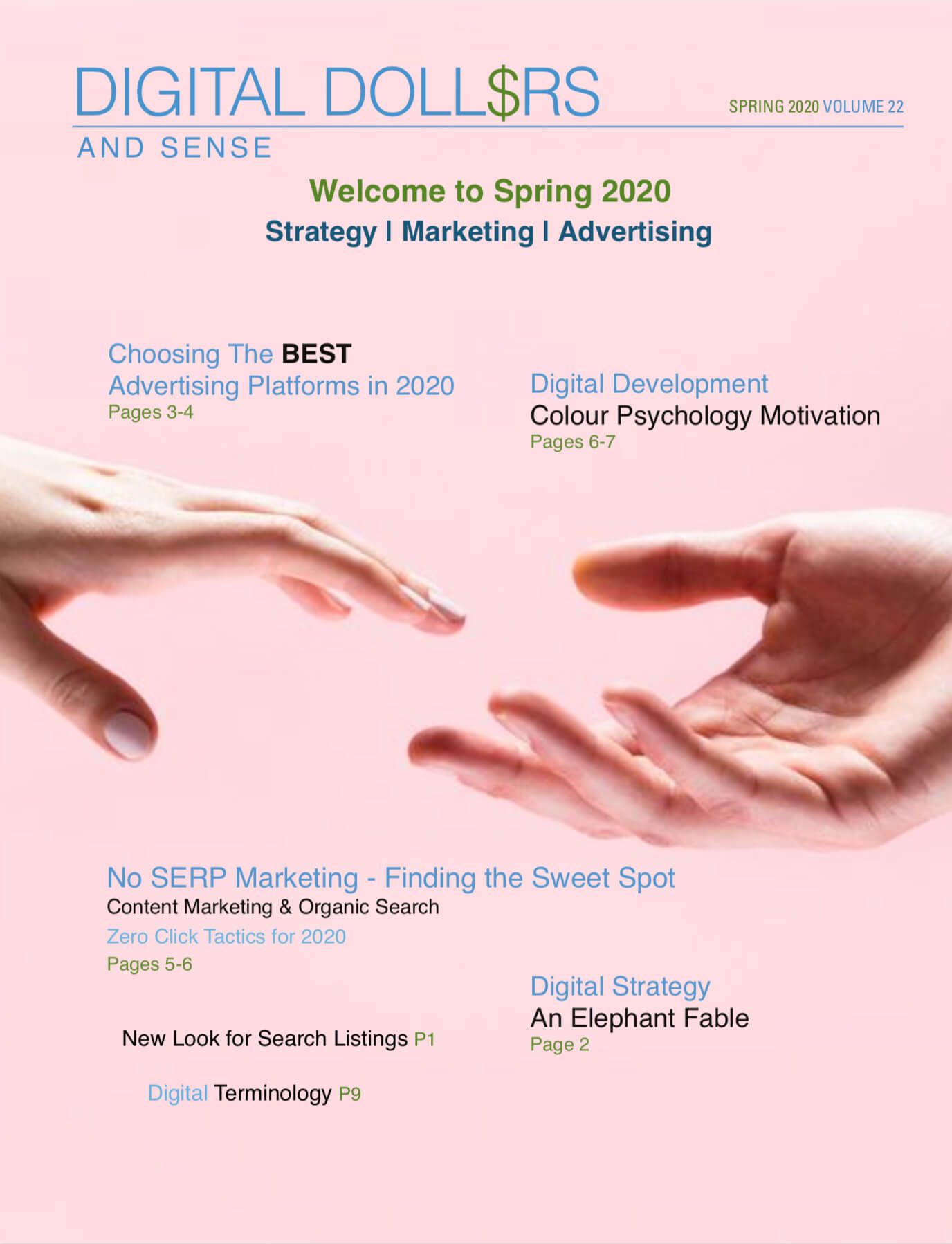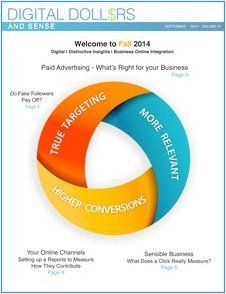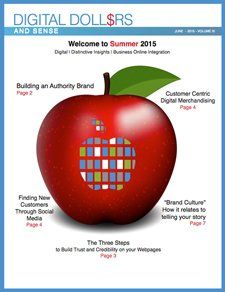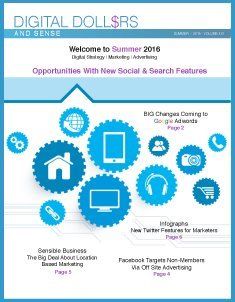Mobile Web Strategy and Tips
- By Joe Wozny
- •
- 24 Aug, 2016
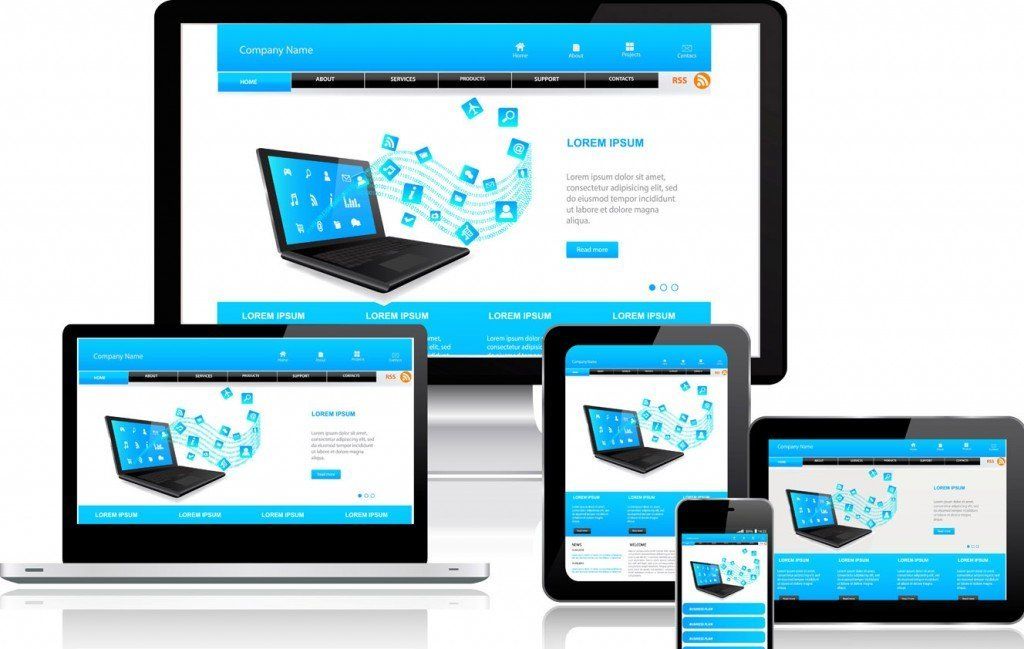
This blog speaks to the rapid changes Concentric has experienced in the use and importance of Mobile Web. In the blog, opportunities and the practical methods of taking advantage of these opportunities are identified. Steps to consider during strategy and planning are discussed.
What’s the difference between a Mobile Application and Mobile Web?
From Wikipedia the definition of a Mobile Application is: "software that is developed for hand-held devices such as personal digital assistants, enterprise digital assistants, or mobile phones. These applications are either pre-installed on phones during manufacture, or downloaded by customers from app stores and other mobile software distribution platforms." This page provides great examples of mobile application platforms.
So the big difference in technology is that Mobile Web is an extension of your website to a smart phone that has a web browser. And Mobile Application is a software application (that could connect to your website) that resides on a person’s smart phone, ipad, or other device.
Another big difference, from a business perspective, is the cost. It takes (considerable amounts of $$) to develop and support an application over multiple smart platform types. In the majority of cases it takes less $$ to extend your website to the new generation of smart phones . I’ve also found that Mobile Applications are more expensive to market since the platforms for downloads and advertising are relatively proprietary at this point.
In some cases it may not be $$ that are important since Mobile Applications can send out an important brand message; and in some cases you may wish to use both the Mobile Web and a Mobile Application to support your business.
Why could Mobile Web be important to your organization?
Think about who has cool smart phones. Is this growing, upwardly mobile, young plus established, technology savvy with disposable income group, possibly your target audience? For demographic information insights enter the following keywords into your favorite search engine:
If you answered “yes” to the last paragraph continue reading...
What’s the best method of facilitating Mobile Web?
I suggest - as always - that you define a strategy. This does not have to be a huge study or expense. Ask yourself the following question: 'what you would like to initially deliver to your customers (or potential customers) cell phone that would benefit them, what will be the impact, and how will you measure it? Once you have this answer there’s a few key items to put in place. The short list includes:
1 Define the application you will be presenting to mobile phones; review the features and review the content that will be presented.
2 Determine if the current live pages on your website will be able to be used “as is” or if you will need to generate a few new pages (for example: some phones do not support flash...mobile surfers don’t appreciate increasing their data bills to download large graphics that provide little value).
3 Determine what tool you can use to 'condition' website pages for smart phones with browsers? For example, does your content management system have a mobile browsing plug-in; does the plug-in allow you to choose which components on a page will be displayed; would a tool like Mobify that is designed for Mobile Web presentations suit your needs?
4 Ensure that your website HTML standards are compliant (WC3) to work with your tool of choice.
5 Decide if you want the website to automatically identify a Mobile Web surfer and present your Mobile Web version your website to them; or, do you want to establish a new mobile web URL (for example: m.NAME.com).
6 Decide which types of phones you would ideally support and test on.
7 Decide what method you will use to monitor and analyse activity.
8 Review the impact on your customer service parameters for this new service.
Do people actually use this stuff?
Definitely yes! We’ve implemented Mobile Web solutions that provide direct customer satisfaction and reduce call centre telephone calls. In some cases the Mobile Web has been used as a shopping tool to provide information at the time of demand. All in all, this is an interesting area of digital media for organizations to explore as we extend the boundaries of digital media beyond the simple website.
Joe Wozny, author of The Digital Dollar: Sustainable Strategies for Online Success, is a digital and online media thought leader, strategist, author, blogger and international presenter on strategies to improve the reach and success of Internet, social and digital media initiatives. Through Concentric, he helps leaders leverage their businesses using smart, well planned digital strategies. For more information on Joe as an author, please visit joewozny.com, and follow him on Facebook and Twitter














